Dive into a collection of articles that amplify neurodivergent voices, support a more thorough understanding of neurodiversity, and challenge common misconceptions.
Month
- November 2025
- October 2025
- September 2025
- August 2025
- July 2025
- June 2025
- May 2025
- April 2025
- March 2025
- February 2025
- January 2025
- December 2024
- November 2024
- October 2024
- September 2024
- August 2024
- July 2024
- June 2024
- May 2024
- April 2024
- March 2024
- February 2024
- January 2024
- December 2023
- November 2023
- October 2023
- September 2023
- August 2023
- July 2023
- June 2023
- May 2023
- April 2023
- March 2023
- February 2023
- January 2023
- December 2022
Author
- Abs S. Ashley
- Adam Fare
- Aimee Fletcher
- Aisling Sheehy
- Andreia Costa
- Ann Memmott
- Antonia Aluko
- Beverley Samways
- Brendan Maguire
- Callum Stephen Howes
- Cassandra Lovelock
- Cassandra Lovelock and El Dewar
- Charli Clement
- Chloe Webster-Harris
- Claire
- Cos Michael
- Darren O'Reilly
- Dr Catherine Crompton
- Dr Virginia Carter Leno
- El Dewar
- Elise Guthrie Stirling
- Emily Lees
- Emily Katy
- Emily Wooden
- Emma Nielson
- Grace Lee
- Guest Contributor
- Harriet Axbey
- Hat Porter
- Helen Edgar
- Iqra Babar
- Jill Corbyn
- Kai Schweizer
- Katie Munday and Naomi Lawson Jacobs
- Katrine Callander
- Kay Louise Aldred
- Krysia Waldock
- Kyra Thompson
- Lizzie Smith
- Lou Chandler
- Lucy Gilbert
- Meena Kumari
- Molly Anderton
- Molly Siobhan Parker
- Nick Ransom
- Reesha Zahir
- Remie Colledge
- Rhiannon Williams
- Rod Landman
- Rose Matthews
- Sarah Douglas
- Sarah Boon
- Sascha Bellamy
- Sophie Broadgate
- Stop Oxevision
- Thomas Barnett
- Tina
- Trauma Geek
- Warda Farah
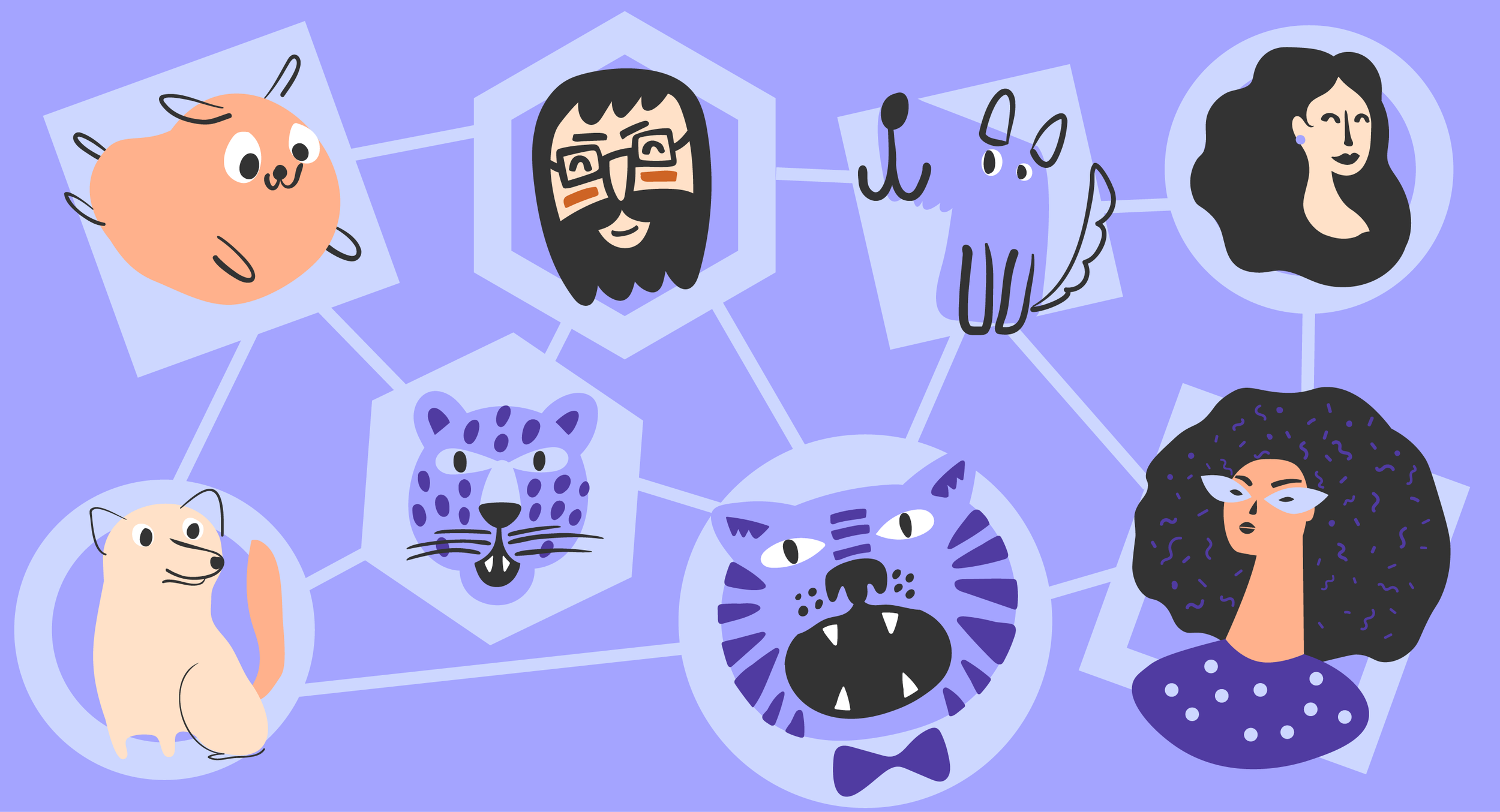
Lift the load: a call to look beyond what we might see
Guest contributor, Remie Colledge, shares a call to action to services, employers, educators and allies everywhere: what changes could you make to help lift the invisible load carried by Neurodivergent people, navigating a world that isn’t designed for Neurodivergent minds?

‘Mixing the values of gentleness, inclusion and person-centred care with the science of behavioural technology is like mixing oil and water’
As part of the ‘AGAINST PBS & ABA’ campaign, Guest contributor, Brendan Maguire, shares his journey of discovering Gentle Teaching and advocates for a move away from behaviourist methods that are at odds with supporting people in an inclusive, person-centred way.
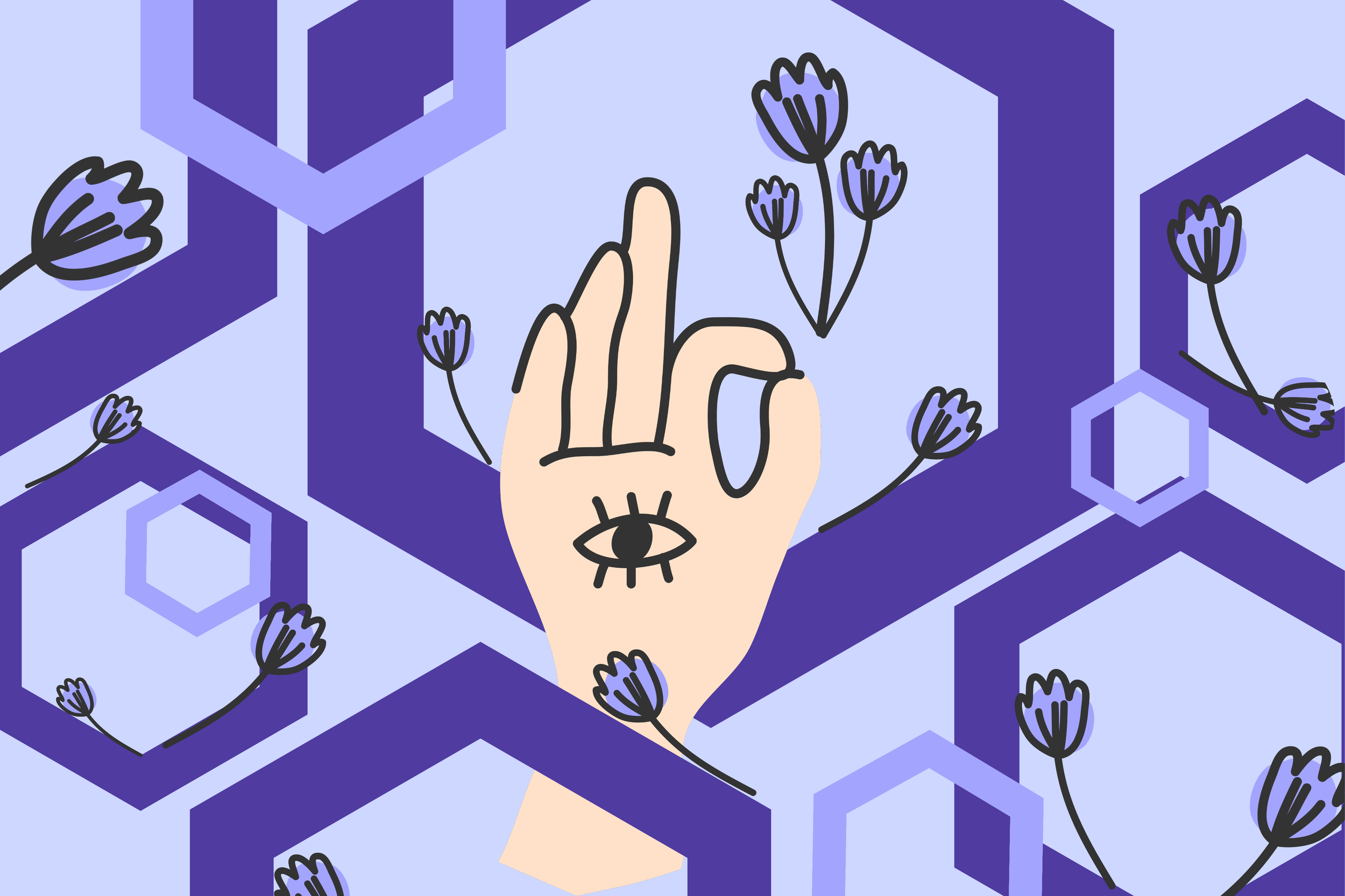
Awareness? Acceptance? Appreciation.
In acknowledgement of World Autism Awareness Day 2025, Lizzie Smith, Neurodiverse Connection’s Communications Lead, explores what awareness, acceptance and appreciation of Autism would actually look like.
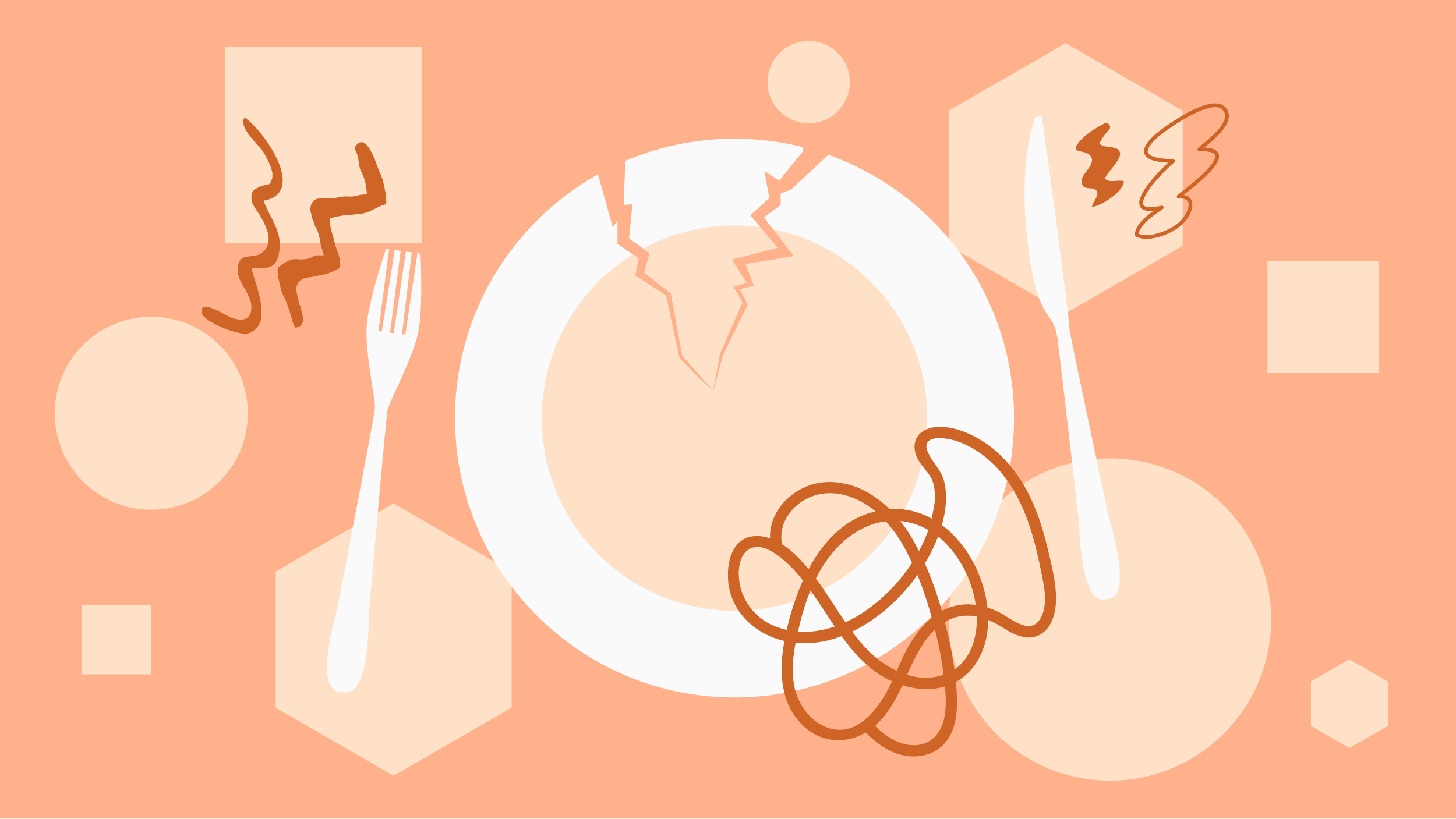
An Autistic journey of Anorexia recovery
In recognition of Eating Disorder Awareness Week 2025, Molly Anderton, NdC Lived Experience Advisor and Development Lead, shares a deeply personal account of how her experience of being a late diagnosed Autistic adult has impacted and informed her recovery from Anorexia.

Supporting an Autistic loved one with an eating disorder
Our guest contributor shares a lived experience perspective on how families and loved ones of autistic individuals with eating disorders can navigate the complexities of offering support.
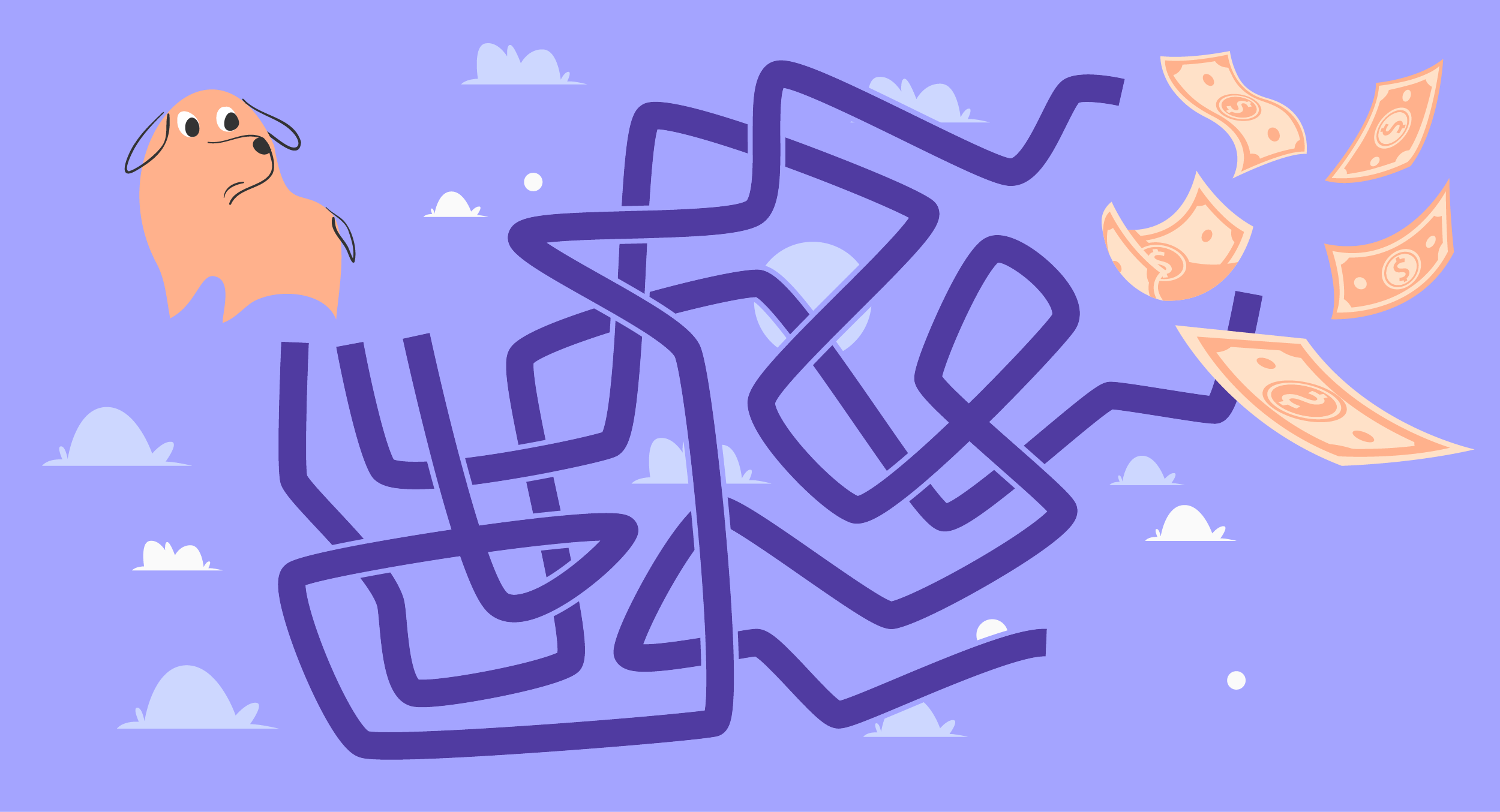
Applying for PIP as an Autistic person
Emily Wooden shares a frank account of her difficult experience applying for PIP as an Autistic person, and how it forced her to confront some challenging reflections around masking and identity.
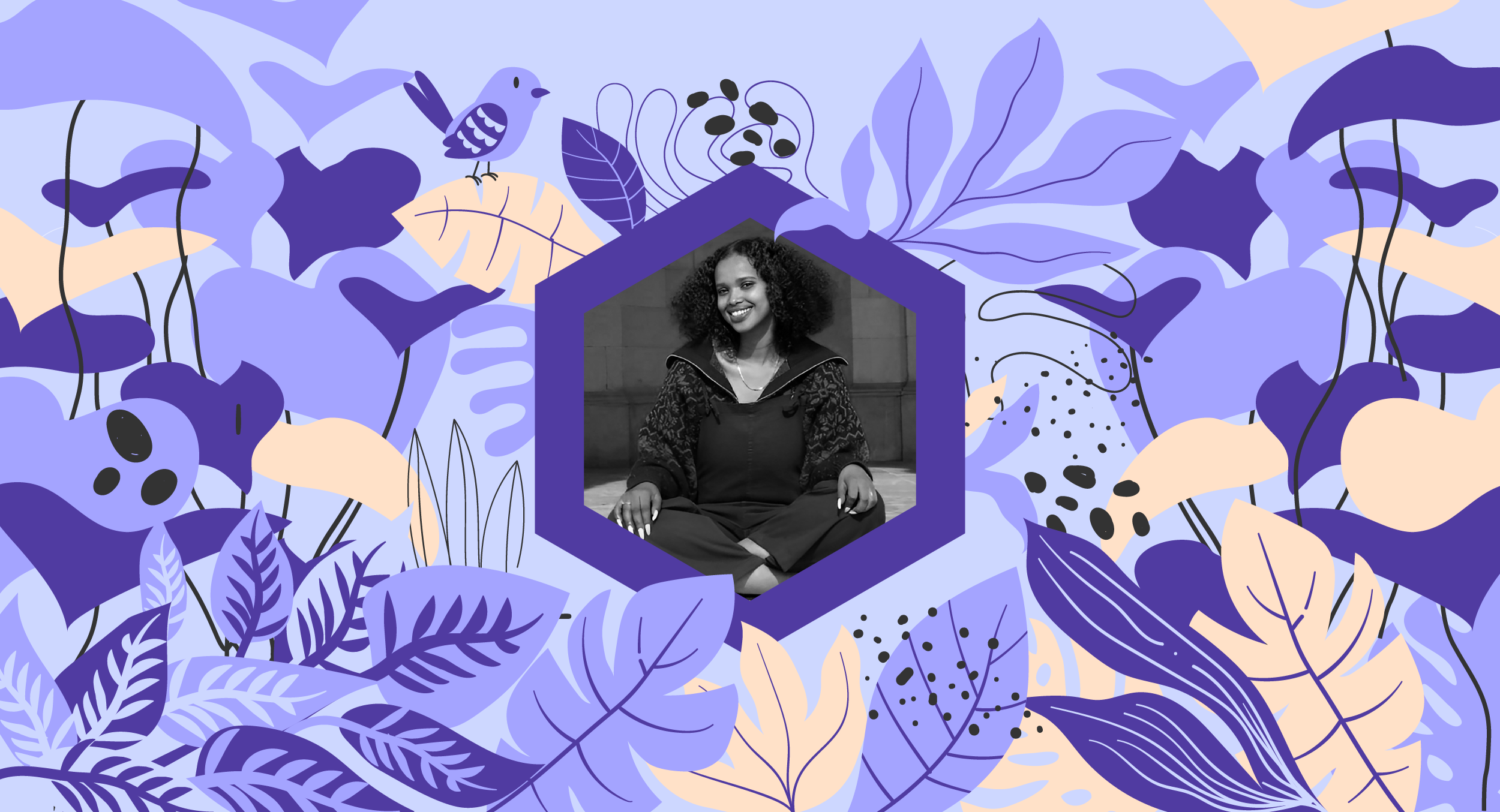
Embracing our Identities: The Power of the Black Autistic Meetup group
Neurodiverse Connection is proud to host Black Autistic Meetup, founded and lead by NdC Associate, Warda Farah. In this article, Warda reflects on the power of this invaluable space for belonging, representation, support and hope.
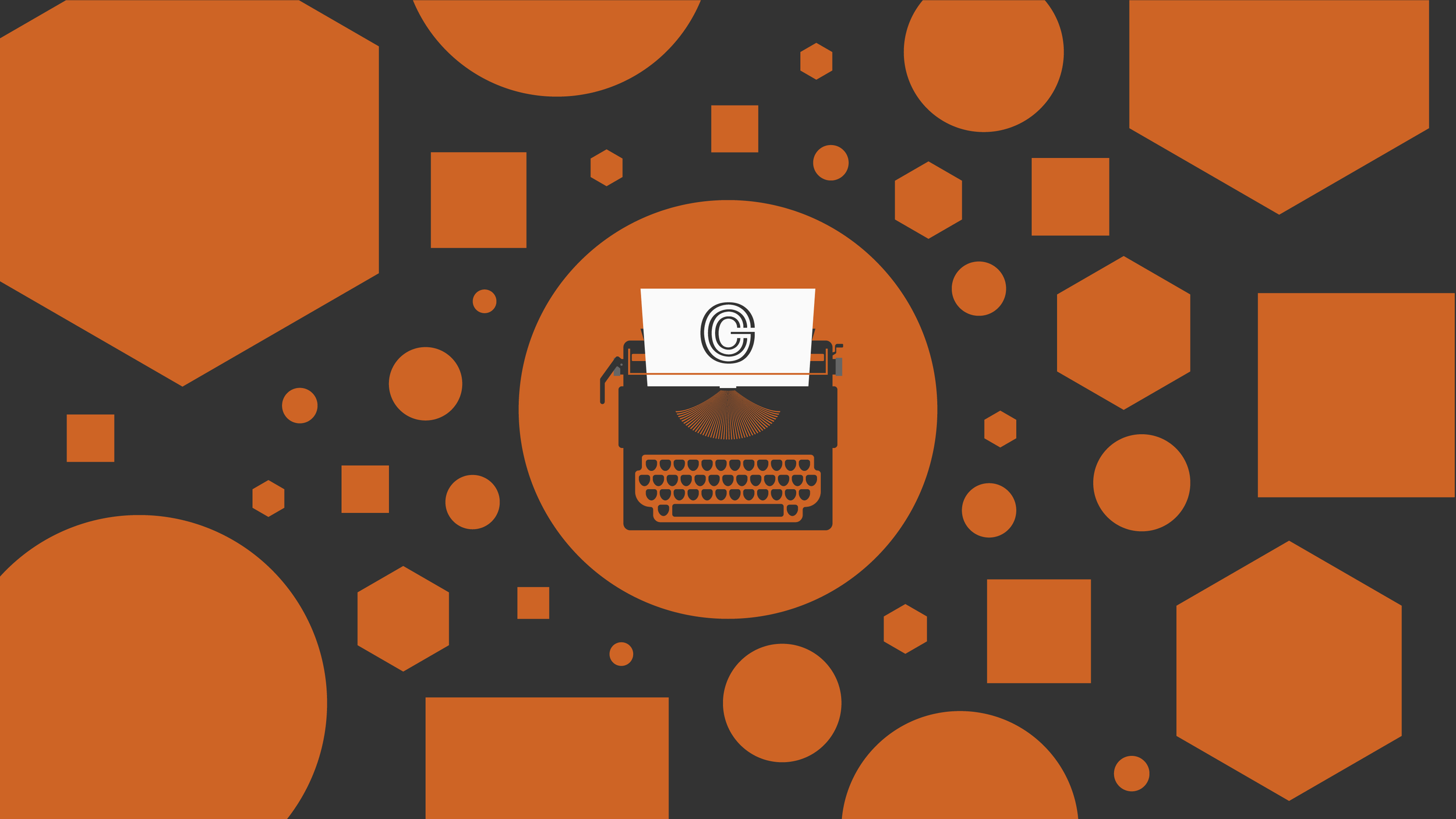
I’ve been easy ‘prey’ as an autistic girl and woman
Kay Louise Aldred highlights the sexist expectations and stereotypes that compound the marginalisation of Autistic girls and women, increasing their vulnerability to grooming and coercive and controlling behaviour.

The power of trusted support networks: how it can be easy to see in others what's hard to see in ourselves
Adam Fare shares their lived experience of grooming and reflects on how Autistic individuals can provide a valuable support network for identifying when others are being groomed.

Neurodivergent people are more likely to experience grooming and coercive control, yet face more barriers to accessing services and support
In this blog, Meena Kumari (H.O.P.E Training) examines the alarming statistics that demonstrate the critical need for tailored support and proactive measures to protect neurodiverse individuals from grooming and coercive control.
- ABA
- abuse
- accessible
- ADHD
- adults
- advocacy
- affirming
- aging
- assessment
- autism
- autistic parents
- black autistic
- building design
- burnout
- childhood
- children
- co production
- coercive control
- communication
- community
- culture
- depression
- Designing Homes for Sensory Differences Summit 2024
- diagnosis
- disability
- dyslexia
- eating disorders
- education
- empathy
- employment
- environment
- ethics
- executive functioning
- family
- friendships
- GCC Summit 2023
- gender
- grooming
- guidance
- health
- healthcare
- holiday
- housing
- human rights
- identity
- inclusion
- inpatient
- intersectionality
- joy
- language
- late diagnosed
- learning disability
- LGBTQIA+
- lived experience
- masking
- medicalisation
- meltdown
- mental health
- monotropism
- mothers
- nervous system
- newly diagnosed
- NHS
- OCD
- online
- pain
- parents
- PBS
- peer support
- play
- psychiatric care
- quality of life
- race
- racism
- reasonable adjustments
- relationships
- research
- resources
- routine
- school
- self diagnosis
- self regulation
- sensory environment
- sensory overwhelm
- sensory processing
- services
- sexism
- special interests
- spirituality
- stimming
- stress
- suicide
- support
- therapy
- training
- trauma
- trauma-informed
- women
- workplace
- young people
Got something to say?
We commission blogs from neurodivergent writers. We are particularly keen to hear from people of colour, older people, and non-speaking members of our community. Help us in our mission to amplify the views and voices that are most often left unseen and unheard.


